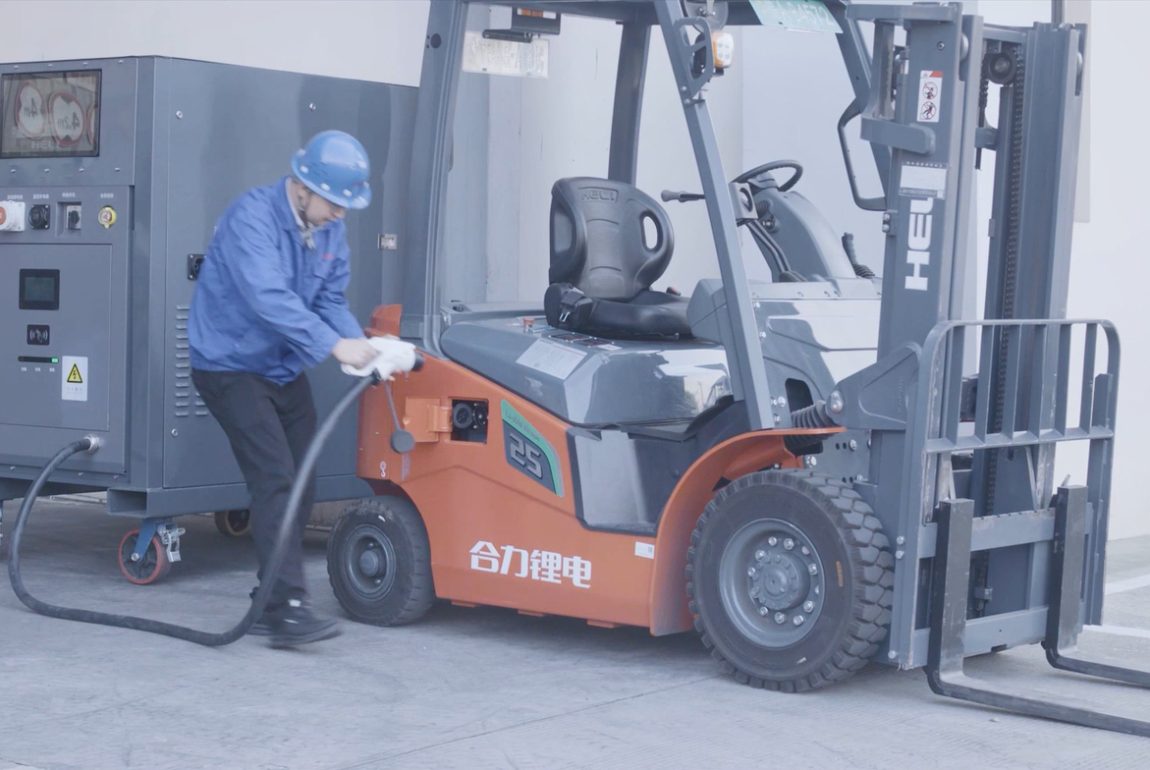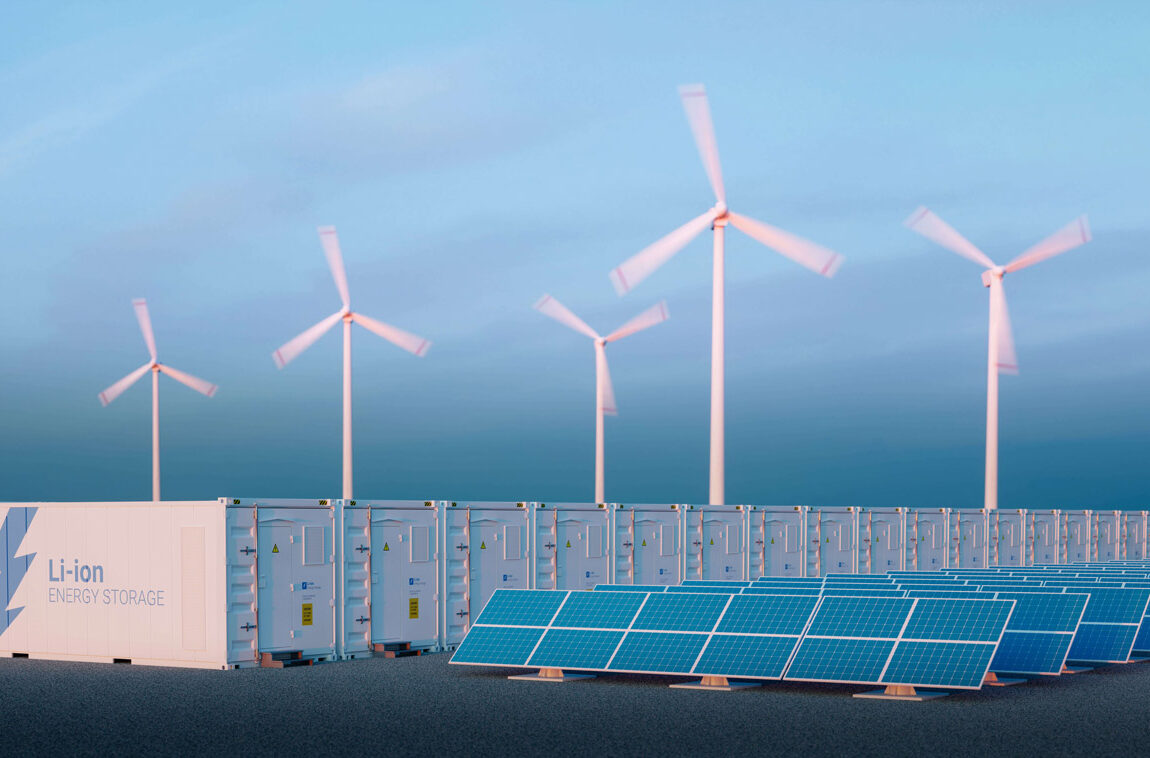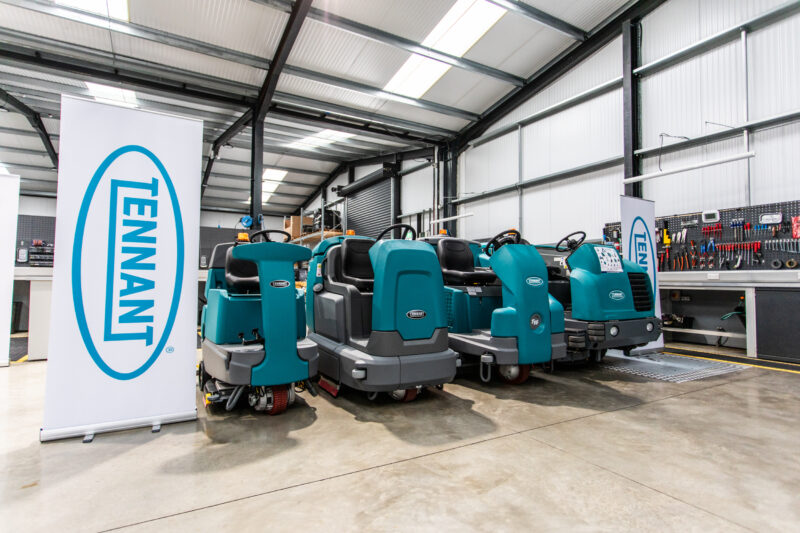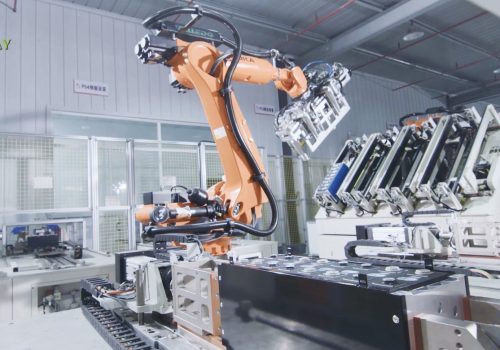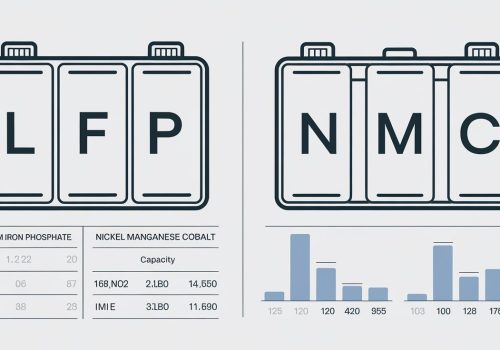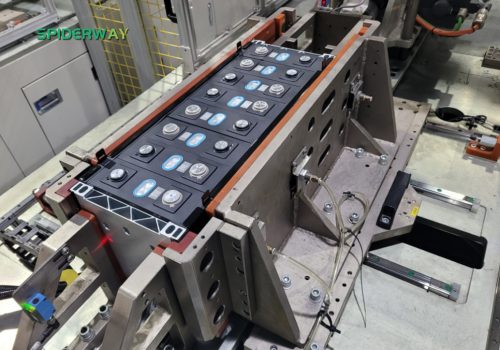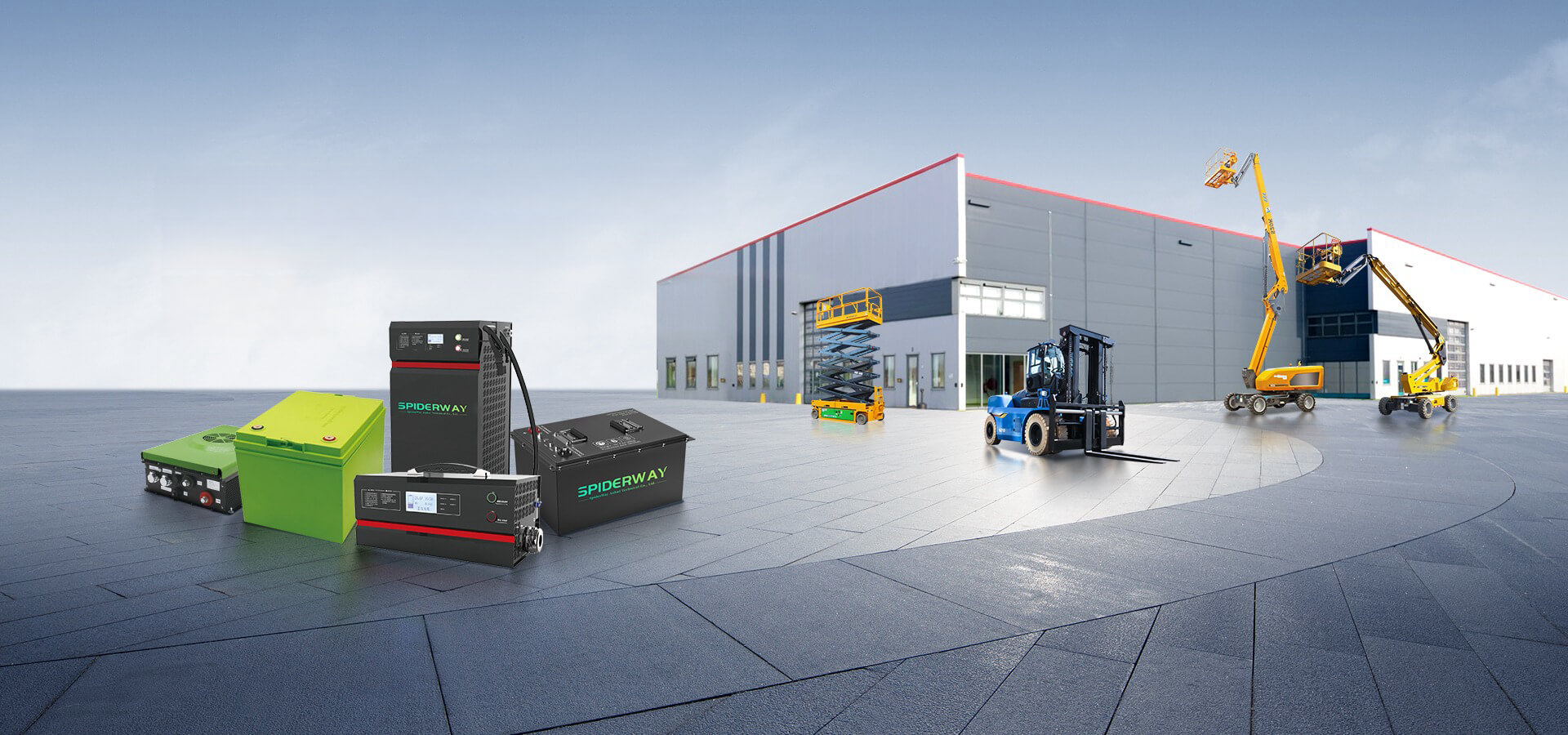
Lithium Iron Phosphate, commonly known as LiFePO4, is a type of lithium-ion battery that has gained significant attention in various applications due to its unique properties. Unlike other lithium-ion chemistries, LiFePO4 batteries offer a blend of safety, longevity, and performance that makes them suitable for a wide range of uses, from electric vehicles to renewable energy systems.
What Are LiFePO4 Batteries?
LiFePO4 batteries are rechargeable batteries that use lithium iron phosphate as the cathode material, combined with a carbon-based anode. They are part of the cathode lithium-ion family, known for their high thermal stability and structural stability.
Advantages of LiFePO4 Batteries
- High Safety: LiFePO4 batteries are considered one of the safest lithium-ion chemistries due to their resistance to thermal runaway, a condition that can lead to battery fires or explosions in other types of lithium batteries.
- Long Lifespan: They can endure a high number of charge cycles, often exceeding 2000 cycles, which means they degrade slower and last longer than other lithium-ion batteries.
- Low Self-Discharge Rate: LiFePO4 batteries have a low self-discharge rate, allowing them to hold a charge for a long time without significant power loss.
- High Energy Density: While not the highest among lithium-ion batteries, LiFePO4 batteries still offer a good energy-to-weight ratio, making them suitable for applications requiring high energy output.
- Environmental Friendliness: The materials used in LiFePO4 batteries are less toxic and more environmentally friendly compared to other lithium-ion chemistries.
- Wide Operating Temperature Range: They perform well in a broad range of temperatures, making them suitable for both hot and cold climates.
Disadvantages of LiFePO4 Batteries
- Lower Voltage per Cell: LiFePO4 batteries have a nominal voltage of 3.2V to 3.4V per cell, which is lower than other lithium-ion batteries like lithium cobalt oxide (LiCoO2) that can have a nominal voltage of around 3.7V.
- Higher Cost: The production cost of LiFePO4 batteries is generally higher than that of other lithium-ion batteries, which can make them less competitive in price-sensitive markets.
- Lower Maximum Continuous Discharge Current: Compared to some other lithium-ion chemistries, LiFePO4 batteries may have a lower maximum continuous discharge rate, which can be a limitation for high-power applications.
- Sensitivity to Temperature Changes: While they operate well over a wide temperature range, extreme temperature fluctuations can still affect their performance and lifespan.
Conclusion
LiFePO4 batteries offer a compelling choice for applications that prioritize safety, longevity, and environmental impact. Despite their higher cost and some performance limitations, their benefits make them an excellent option for many industrial, automotive, and renewable energy applications. As technology advances and economies of scale improve, the adoption of LiFePO4 batteries is expected to grow, further solidifying their place in the future of energy storage.

LiFePO4 Batteries – A Safe and Sustainable Choice for the Future
SpiderWay is a high-tech enterprise specializing in the production of LiFePO4 Batteries. Our products are sold in over twenty countries and regions worldwide and are widely used in the fields of power industrial batteries such as forklifts, golf carts, RVs (Recreational Vehicles), and aerial work platform vehicles. They are characterized by safety, stability, strength, and endurance. With sales and service networks spread all over the world, we are ready to enhance your productivity levels at any time.
Author Profile

- https://tawk.to/chat/6228c78d1ffac05b1d7dc569/1ftnkn0nk
- SpiderWay LiFePO4 battery sales engineer with ten years of experience in industrial vehicle batteries, ready to answer any questions you may have about industrial LiFePO4 battery products.
Latest entries
Battery Charger KnowledgeNovember 15, 2024LFP (LiFePO4) Battery Charger Supplier from China: The Ultimate Solution for EV and Renewable Energy Applications
Industry NewsNovember 15, 2024China ESS Energy Storage Battery Manufacturers: Industry Development Data and Future Market Trends
Cleaning MachinesNovember 15, 2024Global Leading Cleaning Machines Brands & LFP Lithium Battery Solutions: Powering the Future of Cleaning Technology
Industry NewsNovember 15, 2024Embracing the Energy Transition for a Sustainable Future

